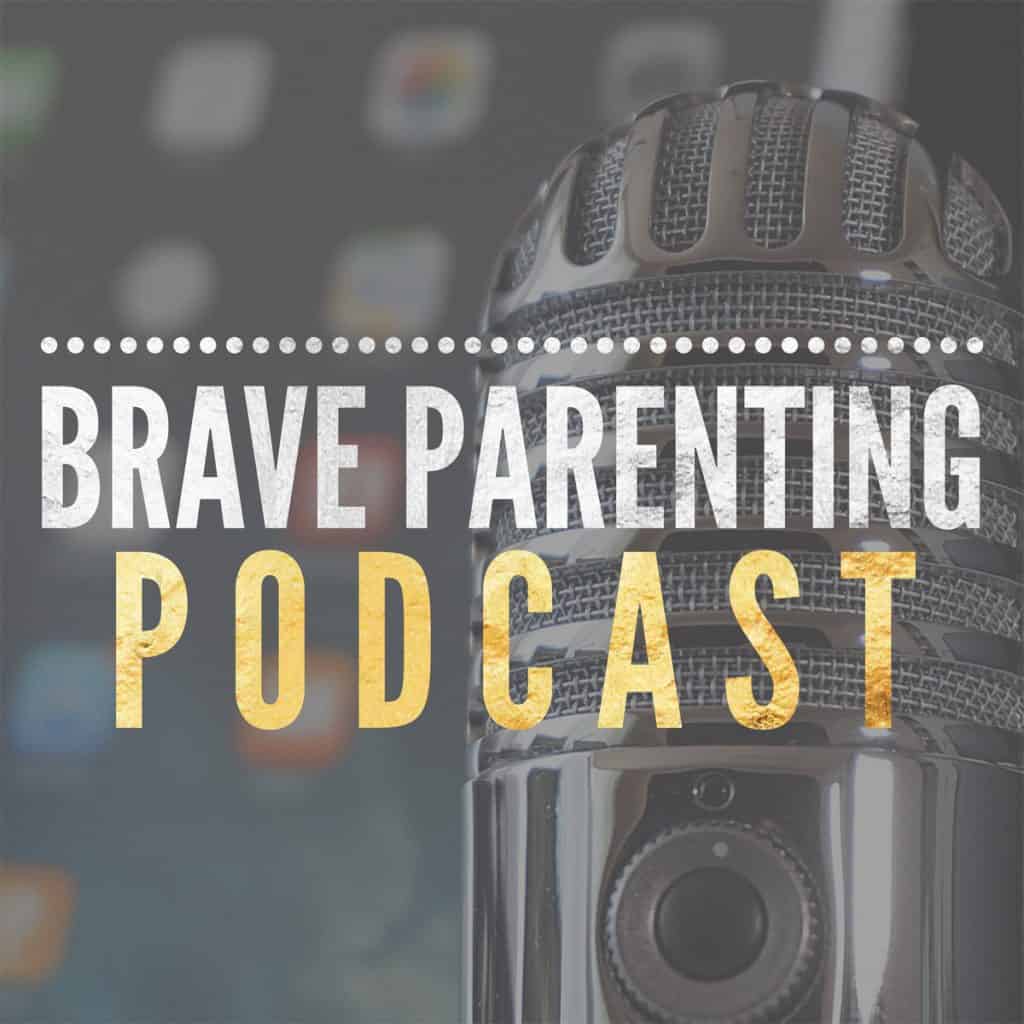A recent study by Pew Research Group showed that only 16% of parents use parental controls to restrict their child’s cell or smart phone.
To restate this in a more obvious and ominous way: 84% of parents DO NOT USE parental controls to restrict phone usage.
As a parent in the 16% I assume this means the 84% kids have unrestricted access to the following on their phones:
– pornographic/dangerous websites
– internet access
– games
– social media
– ability to purchase/add/delete apps
– text messages
– ability to receive and send pictures
– camera
– explicit movies/music/books
– volume limits
– explicit SIRI content.
Maybe you look at those restrictions, as an 84 percenter, and think it would be extreme, unnecessary, and a violation of a child’s freedom for any parent to restrict a child’s phone to this degree. You have raised your child well and you trust your child. But do you trust the world?
My children have all these restrictions. Amazingly, they are not wounded from the potential embarrassment, social shame, suffering, or destitution that comes with being different.
They have the ability to send text message and make phone calls (within appropriately designated hours), listen to music, play (select) games, use the calculator, flash light, notes/reminders/alarms, check the weather, read the Bible, listen to audio books, and map out a trip.
That is a whole lot more than what can be done on a flip phone. And even more than if they did not have a phone at all.
When did the “restricted phone” become ‘not enough’ ?
When did our middle school children begin needing a phone in order to instantly (and constantly) connect with friends in 17 different ways, send videos and pictures to others, watch tv shows and movies on demand, shop for hours on a variety of different websites – and take endless selfies?
When did all of this become the norm for our children?
I don’t say this as a pathetic nostalgic wishing for days gone by.
Allow me to rephrase my questions:
When did our children begin expecting $800 phones when they aren’t old enough to hold a job and still need to be told to brush their teeth?
When did it become a good idea to allow their every thought to be written and posted for all to see?
Why did we start trusting the porn industry to not ensnare our children?
When did lack of focus/attention, texting thumb and chronic neck pain become an acceptable diagnosis from a pediatrician?
When did it become acceptable for a fine arts class in elementary school to teach the art and beauty of selfies?
This is just skimming the surface of the reality our children face with unrestricted phones.
If you scoff at these questions and still believe kids are just having innocent fun, and therefore have no reason to restrict them in any way – I have one word for you.
PORN
The one reason above all other reasons your children with smart phones need restrictions.
Don’t be fooled, the porn industry wants 100% participation. They are 13 billion dollar industry with keen skills and successful marketing schemes to entice you in and keep you there. No age is too young. If fact, the younger the better because recent studies show exposure to porn rewires children’s brains for a potentially lifelong addition.
There’s a twofold problem here: First, porn is heavily solicited and targeted to the young and naive. Therefore, wherever you go on the internet, it will find you. Second, our kids have little traction to stay standing on this slippery slope and are becoming the pornographers themselves. The porn “industry” isn’t just adult films and racy 900 numbers anymore. It’s kids, like yours and mine, taking naked pictures of themselves and sending them across the internet. They are becoming the child pornographers – both the creators and the stars.
Even more, when parents allow unrestricted access to this type of content it directly affects ALL children – not just the ones with access because this content is like juicy gossip they just have to share. Most children do not want to view porn from another phone at school or on the school bus. They do not want to be asked for nude photos or sent explicit pictures unsolicited. They would prefer not have racy ads appear in the middle of their trivia game.
What Love Looks Like
As parents, we have to take back the responsibility of parenting and protecting our children from the proven harm of the online world. Their moral character, future endeavors, and even their future spouse and children will be affected by what we allow in their lives right now. This is what love looks like: valuing their character over their present happiness.
This requires all of us to take action. Together, as brave parents, if we are willing to fight for our children’s purity and protection, we can shift the norm! A new standard of practice can emerge. The slippery slope can become a little less slick.
Imagine if a brave 84 percent of parents utilized parental restrictions on their children’s phones. Not only would we be shifting the trajectory of our child’s life but also the lives of an entire generation.





